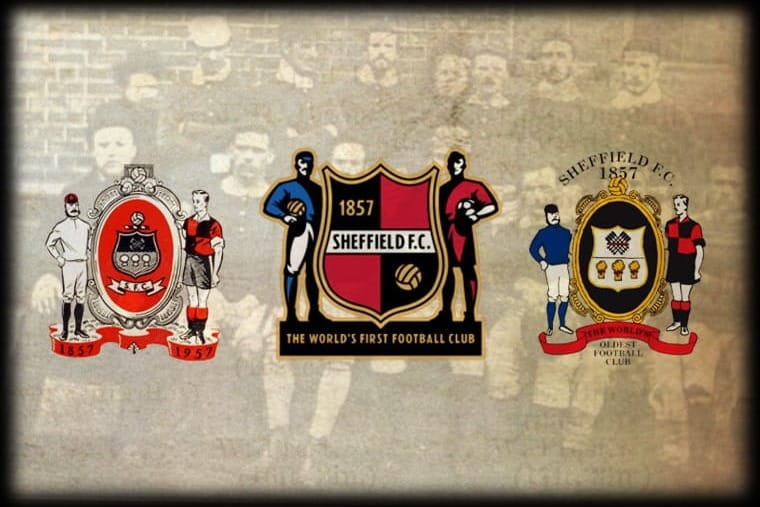The Oldest Amateur Football Club in the World
“Without Sheffield FC, there wouldn't be a me” - Pelé

Key words
- Kickabout: an occasion when a group of people kick a ball to each other for pleasure
We had a five-a-side kickabout for a bit of fun.
- Vs.: used to say that one team or person is competing against another (vs vs. v)
Tomorrow's game is Newcastle vs. Arsenal.
- Five-a-side: football played by teams of five players, not the usual eleven players
In five-a-side football, the penalty area is a semi-circle.
- Notable: important and deserving attention, because of being very good or interesting
"Hamlet" and "Macbeth" are among Shakespeare's most notable works.
- Crossbar: the horizontal bar that forms the top of a goal
The ball bounced back off the crossbar.
Read the article to find the answers
- Who founded Sheffield Football Club?
- How many people played in Sheffield's match against Nottingham?
- How much did London beat Sheffield by?
- What rules did the FA adopt in 1877?
Sheffield FC
Sheffield Football Club was founded in 1855 by members of a Sheffield cricket club who organised informal kickabouts without any official rules. Initially, Sheffield FC's matches were played between members of the club itself and took the form of "Married vs. Singles".
The rules of the game, known as the Sheffield Rules, were adopted by the club's general meeting in 1858 and were the first detailed set of rules to be published by a football club.
On 2 January 1865, the club played their first match outside Sheffield against Nottingham in an eighteen-a-side match under the Nottingham Rules. On 31 March 1866 Sheffield played an eleven-a-side match in London, which London won by 2 goals and 4 touches to nil.
Each region played the game according to its own rules, which varied widely until the Football Association (FA) created a single set of rules to standardise the game. Sheffield FC adopted the FA's rules in 1878.
The FA
Before 1863, football was played in various forms throughout England, with different regions having their own rules. The most popular were the 'Cambridge Rules' and the 'Sheffield Rules'. However, the lack of a standardised set of rules led to confusion.
In 1863, representatives from several football clubs in the London area met at the Freemasons' Tavern in London. This meeting led to the formation of the Football Association, the sport's first governing body, which published its first set of rules, now known as the Laws of the Game. They were heavily influenced by the Cambridge Rules, but made notable exclusions, such as banning the carrying of the ball, which led to a split and the eventual creation of rugby.
The FA adopted some of the Sheffield Rules, such as corner kicks and the crossbar, in 1877 and formally allowed players to be paid, leading to the formation of professional leagues in 1885.
Soccer
The word soccer comes from England and is derived from association football. It was used to distinguish the sport from other forms of football, such as rugby football. Association was shortened to "assoc" and then the suffix "-er" was added, resulting in "assoccer", which eventually became soccer.
The word was popular in England for many years and was used interchangeably with football. Over time, however, football became the preferred term in Britain, while the United States and Australia continued to use soccer to distinguish it from their own versions of the game.
Discussion questions
- Do you have any questions about any of the vocabulary or grammar in this article?
- What's the most popular sport in your country?
- Which sports were invented in your country?
- What's your favourite sport?
- Do you think the rules of football should stay as they are or should they be improved in some way?

Book a Lesson
Improve your English language communication skills by practicing with a qualified and experienced native speaker.





